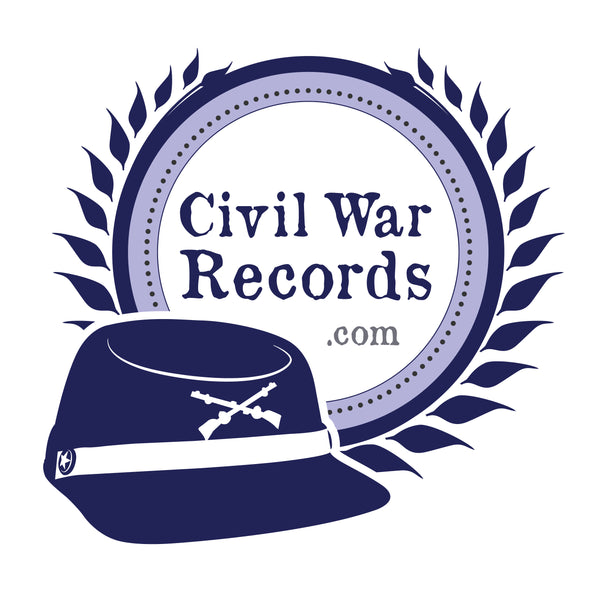
Isn’t it all online? Part 4-- Carded Medical Records
Share
A common misconception out there is that most of the military records from the National Archives are online already. This is far from being accurate though. I’m doing a series of posts, explaining what records are online and what ones are only available at the National Archives for Civil War and War of 1812 soldiers. You may be surprised!
Carded medical records are an often overlooked record, and are similar to the service records for each soldier. These tell if the soldier was sick, injured or hospitalized, and should tell if he died or deserted. They’re a great addition to get the complete picture of your ancestor during the war. Some soldiers have only one card on file, some have ten or more, some have none at all.
These cards were compiled from the medical hospital ledgers. When a soldier was checked in to a hospital, they would record his name, regiment, and his chief complaint. Each entry in those ledgers was later recorded onto a medical card. Those medical cards are now at the National Archives, grouped by regiment number and in roughly alphabetical order.
These medical cards exist at the National Archives in Washington DC for soldiers from 1821 to 1912. They cover the volunteer armies during the wars, as well as the regular armies during peace time.
Most of these aren’t online anywhere. The exception to this would be the cards for the Confederate Army. There was another version of these carded medical records created from the Confederate records, and those ended up in the compiled military service records for each soldier. Since Fold3.com has all of the Confederate service records digitized on their site, that means that the carded medical records for the Confederate soldiers ended up online in those packets too.
For all other soldiers, they’re only going to be available in person at the National Archives in Washington DC. If you’re relying solely on online resources for your military ancestor, you’re missing out on this record group altogether.
Looking for details about your ancestor’s military service? Let us help! We make regular trips to the National Archives (once they reopen, that is) and can get your ancestor’s records quicker and cheaper than if you ordered directly from the National Archives.

